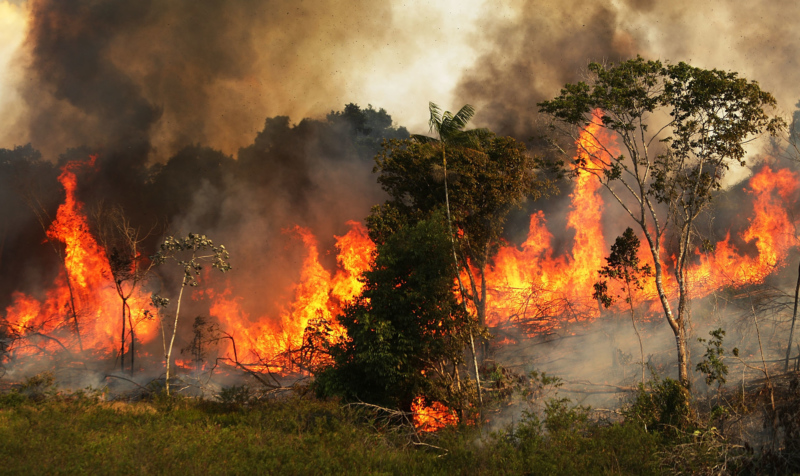Rising Brazil: The Choices Of A New Global Power
What should we expect from a newly powerful Brazil? Does the country have the capacity and leadership to be a central actor in addressing critical global and regional problems?
As wildfires rage in Brazil's portion of the Amazon rainforest, President Jair Bolsonaro finds himself under increased international scrutiny. Program Director Lisa Viscidi comments for BBC World News on Bolsonaro's policies toward the Amazon, including his lack of willingness to prioritize funding for the world's largest rainforest. Although fires are to be expected during the dry season, "we are currently seeing more fires than in the last three dry seasons combined", Viscidi explains. She attributes the surge to farmers looking to clear land for development, who feel they may have impunity under Bolsonaro's relaxation of previous policies. His curtailing of fines and reduction in efforts of enforcement all seek to undermine environmental conservation in a country which was once hailed as a regional leader in the battle against climate change.
What should we expect from a newly powerful Brazil? Does the country have the capacity and leadership to be a central actor in addressing critical global and regional problems?
President Lula da Silva triumphantly announced that he and his Turkish counterpart had persuaded Iran to shift a major part of its uranium enrichment program overseas—an objective that had previously eluded the US and other world powers. Washington, however, was not applauding.
In the past year, the Bolivian government has emerged as an outspoken critic of climate change policies.
 Mario Tama / Getty Images
Mario Tama / Getty Images